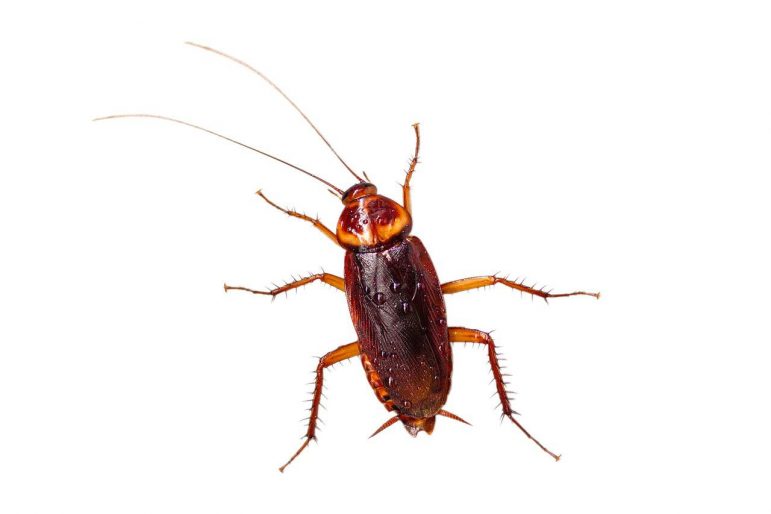A recent edition of ISSA’s Straight Talk! with Jeff Cross looked at how facility operators and janitorial staff can deal with flea infestations.
Jennifer Gordon, an urban and medical entomologist with Bug Lessons Consulting, talked to Cross about how fleas negatively impact public health and what the cleaning industry can do to address them. One reason that flea infestations are so stubborn is that fleas undergo complete metamorphosis, transforming from an egg to a larva to a pupa to an adult flea. As a result, to fully eradicate fleas, you must address each stage of the flea’s development to prevent a new wave of adult fleas from simply emerging at a later time.
According to Gordon, fleas can infest a structure in numerous ways. Most often, fleas enter facilities via pets that live in the home or on rodents that have accessed the building. But, because fleas can jump so high, occasionally a flea may hitchhike into a building on a person. “If left untreated, flea infestations can get really bad,” said Gordon.
For professional cleaners who find themselves in an environment where they are at risk of picking up fleas, Gordon advises getting to an isolated area after the job, such as a garage, then removing your clothes and sealing them in plastic bags until you are able to wash and dry them. This will help prevent the fleas from traveling with you to infest your own home.
Gordon explains that “getting rid of fleas may require collaboration from a bunch of different groups of people, including homeowners/pet owners, pest management professionals, and cleaning professionals.”
In particular, cleaning professionals will need to thoroughly vacuum all carpet and upholstery, moving all furniture and paying special attention to baseboards and areas where pets sleep. Hard surfaces should also be swept and cleaned, and the vacuum bags must be immediately sealed and disposed of far away from the building. A pest control specialist should also treat the facility with appropriate pesticides to kill any remaining fleas and prevent reinfestation.
Flea infestations must be addressed because they are more than just a nuisance. Fleas impact public health in a number of ways, including by leaving itchy welts that can become infected with scratching. More rarely, fleas can also spread diseases such as plague, cause tapeworms in people and animals, and impact mental health. “Eliminating a flea infestation is best done through teamwork, and cleaning professionals can play a huge role,” said Gordon.









